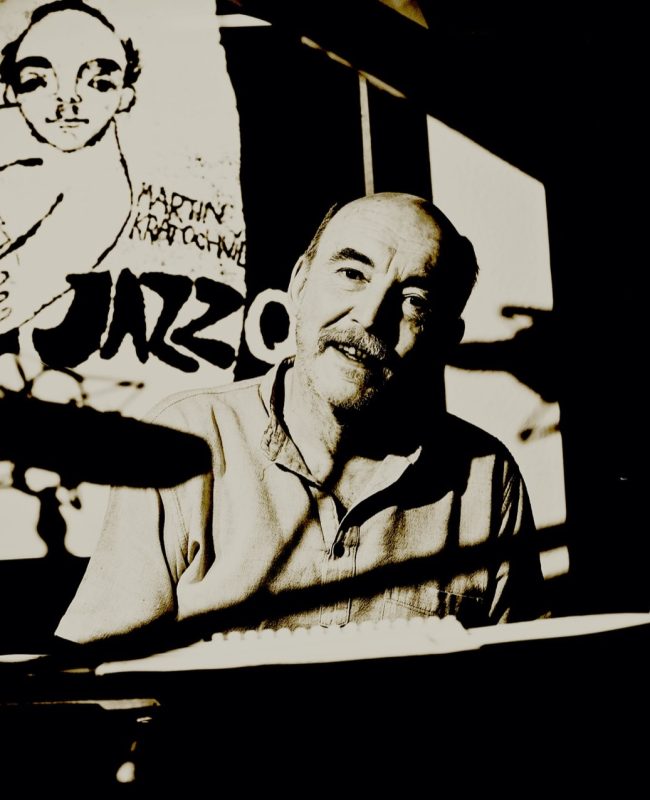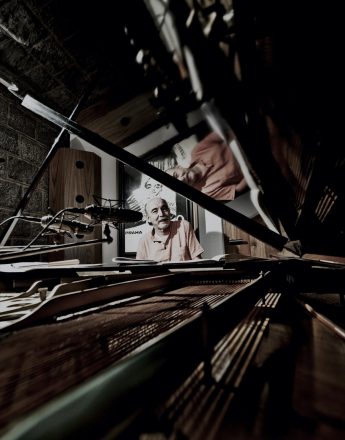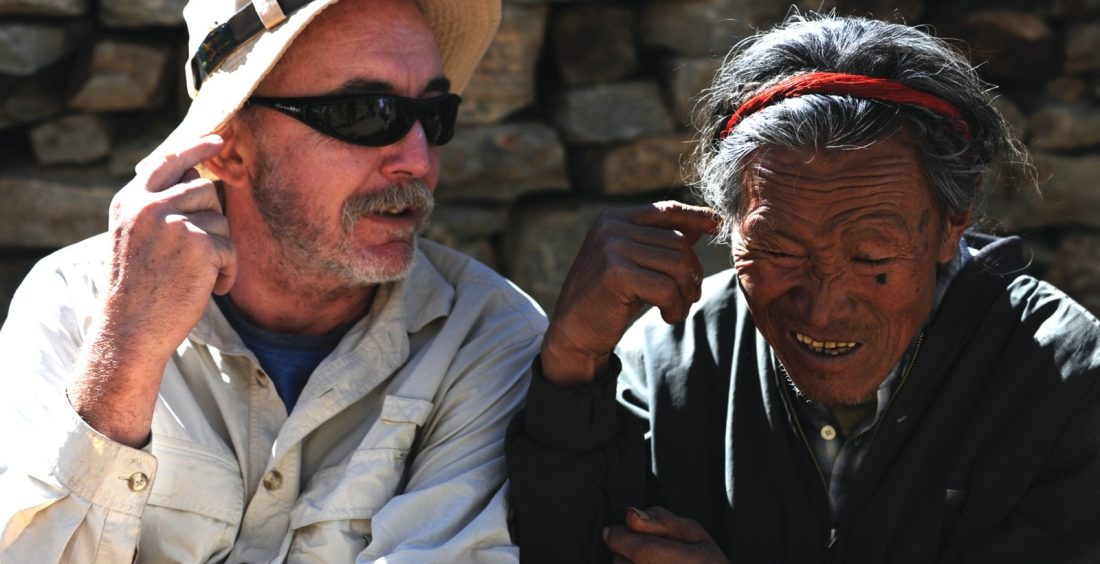Kratochvíl, Ackerman, Zangi
& Jazz Q
The concert will take place without an audience in the hall.
You can watch the live broadcast of the concert, as well as two dozen others, on our website for free.
- Martin Kratochvíl – piano
- Tony Ackerman – guitar
- Imran Musa Zangi – percussion
- Jazz Q
- Martin Kratochví – keyboard
- Zdeněk Fišer – guitar
- Přemysl Faukner – bass guitar
- Filip Jeníček – drums
Performers
- Martin Kratochvíl – piano, keyboard
- Tony Ackerman – guitar
- Imran Musa Zangi – percussion
- Jazz Q
- Zdeněk Fišer – guitar
- Přemysl Faukner – bass guitar
- Filip Jeníček – drums
Watch now!

While I was a university student, thanks to my mom, who was working at the time for the music agency at the Municipal House, I had the key to the Mayor’s Loge in Smetana Hall on long-term loan. I often used to go there not wearing proper attire, and I would lie on the floor very relaxed, half asleep, listening to those beautiful Prague Spring concerts. More than fifty years have passed, and now I am told that I, myself, will be playing this year at the prestigious festival. What has happened with me and my music over the past half century?
The band Jazz Q will soon be celebrating the 55th year of its long musical life. It has given concerts all around the world and won prizes at many festivals, and it has issued dozens of albums that now have a cult following. One of the recordings (Elegie, 1977) earned significant recognition from an English-language journal as the eighth most influential record of the previous century. With a break during the 1980s, when I was spending more time recording and writing film music, we continued to issue albums, the latest being Amulet in 2020. It also seems that the instrumental concert quartet playing pure-blooded jazz-rock is perhaps the only one in Europe focusing on that genre.
At the end of the 1980s, chance led me to a pivotal encounter with the American Tony Ackerman, who was in Prague at the time studying contemporary classical music. After years of experiments with electric jazz-rock, Tony came up with the idea of a purely acoustical sound, whether in a duo with me or in a trio with the Iranian-Iraqi percussionist Imram Musou Zangi. That combination has to its credit thousands of concerts and 16 albums (the latest, Letopis, dates from 2019) as well as a great deal of recordings for films.
I hope that our concert at the Prague Spring Festival will give you a taste of our music from both worlds.
– Martin Kratochvíl

Jazz Q
Since its founding in 1967, Martin Kratochvíl’s group Jazz Q has been a cult phenomenon on the Czech and European music scene. From its jazz beginnings and its victories at a number of European festivals (San Sebastián, Zurich, Wroclaw, Přerov etc.), in ca. 1972 with the arrival of Luboš Andršt and the English singer Joan Duggan, it switched over to a more fundamentally rock-based genre. For several years, perhaps because of its politically immune name, it even replaced the pure rock music scene at a time when such famous rock bands as Blue Effect and Flamengo were facing massive purges and prohibitions. At the time (ca. 1972-75), the group was giving lots of concerts. It travelled all over Europe and Czechoslovakia in particular many times and became the byword of a generation. Jazz Q concerts became a symbol of opposition to the Communist regime, and the group certainly made a significant contribution to the regime’s erosion. In spite of many prohibitions and official harassment, the group held on and kept giving concerts until ca. 1987.







